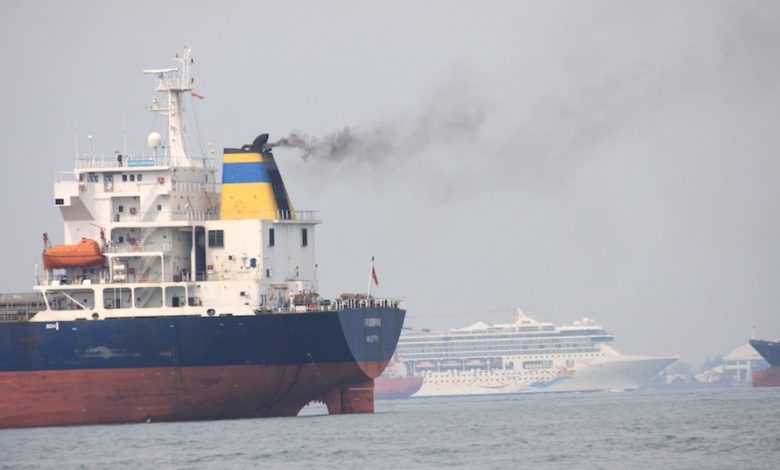Shipping’s Y2K bug?

Do you remember the fear mongering as the clocks ticked down to the dawn of the new millennium?
The Y2K bug was meant to be Armageddon for computers as it was feared many programs could not switch to the 2000 date. Hysteria and confusion ensued, headlines painting doomsday scenarios as the clock ticked towards the new century. In total, it has been estimated more than $300bn was spent by governments and the private sector to ensure computer systems did not suffer any calendar glitch come January 1, 2000. Looking back, it all seems to be have been a lot of hot air over nothing. Sound familiar for those of us in shipping?
In the 20 years I’ve been covering shipping no regulation compares to the 2020 sulphur cap for the diverse range of views and complex choices owners face with nine months to go.
Ultimately the bet owners have made – which largely comes down whether to install a scrubber or not – is all going to play out next year in the price spread between low and high sulphur fuel oil prices. By my very rough estimates more than $7.5bn has been spent on scrubber installations to date. One faction in the bitter scrubber tussle will be left out of pocket as the price differential becomes clear.
In compiling a special IMO 2020 magazine that we published last week we surveyed 100 owners and managers on a diverse range of fuel topics – only 19% of whom felt the difference in price between 3.5% and 0.5% fuel by the end of next year will be above $100 per tonne.
Personally I can’t help feeling that by this time next year – much like the Y2K bug 20 years ago – we’ll largely be looking back and wondering what all the fuss was about.
As I have stated before, next year’s sulphur cap implementation is trivial in terms of importance compared to shipping’s pledge to cut its CO2 emissions in half by 2050. If ships continue to trade for 25 years then we have until the middle of the next decade to come up with some radical designs for greener vessels. Over the following pages readers will get advice on how to navigate 2020 and beyond.
This article first appeared in Maritime CEO’s IMO 2020 compliance guide published in association with Cockett Marine Oil. Splash readers can access the full magazine for free by clicking here.

There’s always a “yes but”. With Y2K, it did force shipping (and other) industries to look at their systems, and get past vulnerabilities and fix things that might have otherwise gone wrong, or at least upgrade certain codes so they would pass muster. So it is with IMO2020, folks are looking at the economics of what fuels they are burning and can POTENTIALLY make some positive mid-course corrections to their income statements. But we have far more media now, we have social media, and more hoopla. As I’ve said in convos on these subjects- everyone is a publisher now, so this differs from Y2K because the competition for attention is overwhelming this time around (seems like it was less so 19 years ago but things fade, right?). Also, for me, as an astute (maybe yes? maybe not?) observer of shipping industry meets mainstream media, and how shipping media behaves, this is a great one because the mainstream finance media, and trade media from tangential segements are all getting in on this one. FT had not one but two articles on IMO2020 last week.